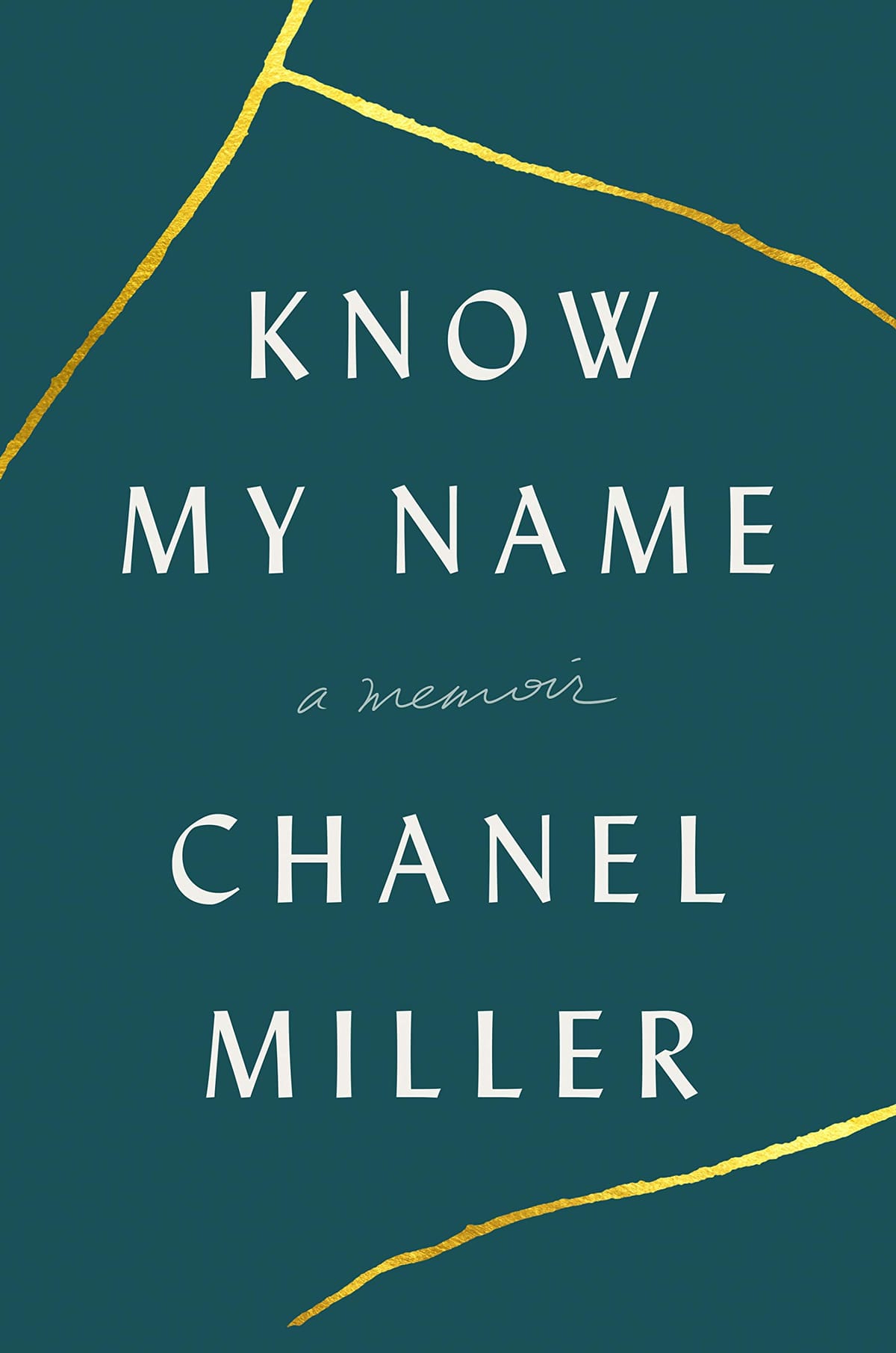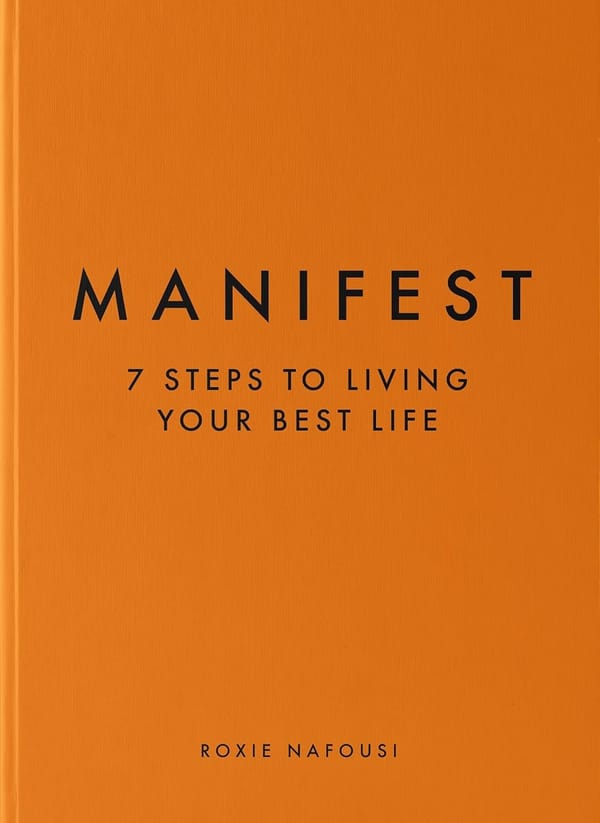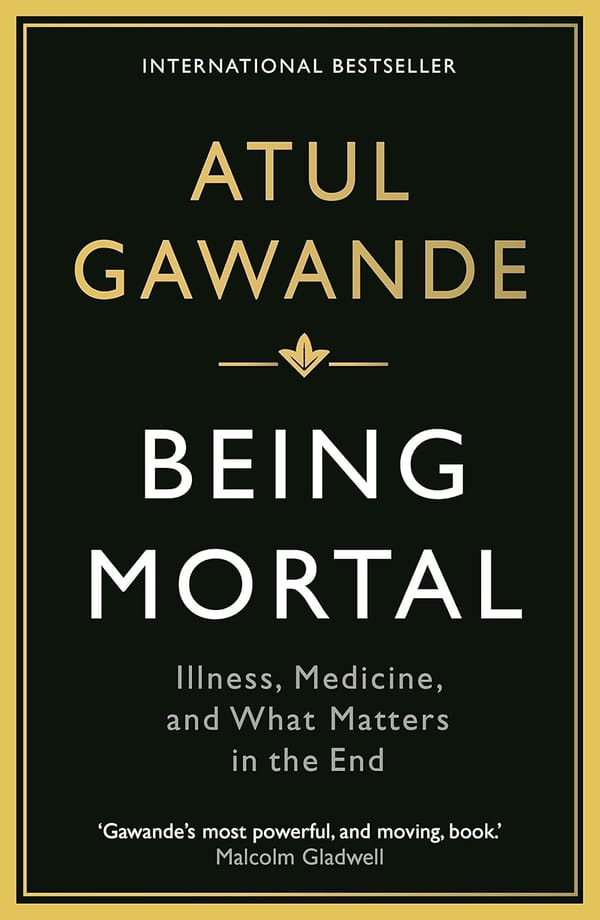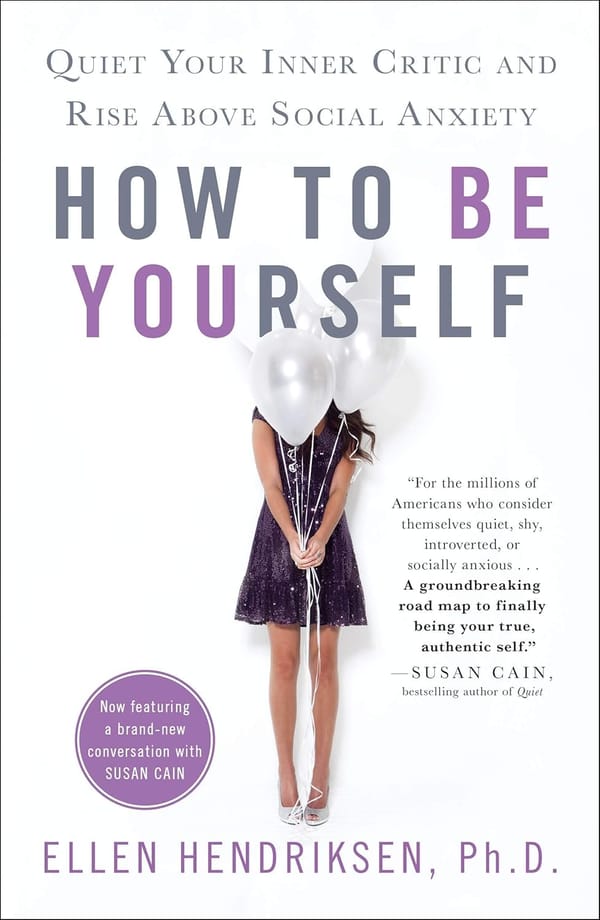Know My Name

By Chanel Miller
I finished the book with a heavy heart. Many times throughout reading, I couldn't help but have tears drip down my cheeks. As the victim of the 2015 Stanford campus sexual assault, Chanel Miller uncovered the trauma and the tremendous effort she made during the long journey waiting for justice. She has an acute perception of feeling, and her words can penetrate your heart so deeply that you feel her pain.
She revealed the trauma to let people know that sexual crime victims are not just people who had an unsuccessful or unpleasant sexual experience, and can powder their cheeks, walk away and go about their lives like it was nothing. The victims are not only physically traumatised, but also almost always internalise the suffering when justice is yet to come. If justice does not arrive, if the judicial system does not set out reasonable punishment for the offender, and if the public does not stand on the victims' side but rather starts to criticise her clothes, personality and past as if there's a reason to justify the crime, then all of these are telling the victims, you were sexually assaulted, and that was all you deserved.
Needless to say, Chanel also confronts men who violate women, the unreasonable expectation society places on women, and the general public's unawareness of the subtle inequalities. The safety concerns, the disadvantages and unfairness she faced during the trial and the harsh comments she received from the public were specifically because of her being a woman. The assault involves both men and women, but women are the only ones constantly being reviewed, scrutinised and judged. The trauma was inflicted on women, yet the blame was also shifted to women.
I cannot praise her enough for her courage, perseverance and talent, which shone throughout the process of fighting against a privileged offender and a system that doesn't help victims. Her words are mightily encouraging and empowering to girls like Jingyao, Xianzi, Du Meizhu, Xiao Yi, and millions of others in corners of the world. People often question these girls, whom already take enormous courage to come out in the first place: Why didn't you call the police right away? Why did it take so long for you to come out? What they are really trying to ask is: Are you making it up? What is your agenda? For anyone whose first reactions to these news stories are these questions, I urge you, please, please read this book. Put yourself in the victims' shoes and feel the fear, deprivation, internalised shame imposed by society, and powerlessness in the face of difficulties. Then ask yourself, what are the things that we should really be questioning?
Get the book from Amazon UK.
The Book in 3 Sentences
- Chanel Miller, the survivor of the 2015 Stanford sexual assault, shares her feelings, traumas, and reborn journey.
- Chanel documents the legal process she fought though to seek justice and the responses of all involved parties and the general public.
- This book empowers and encourages sexual assault victims.
How the Book Changed Me
- I used to be the one reacting to the sexual assault allegations with doubt. I would tend to wait for more evidence from both sides, wondering if the claim was made up with an agenda. Chanel made me realise how difficult, if not impossible, it is to get the offender convicted and justice served. Even in the U.S.
- Do not blame the victims, no matter what they wear, whether they drink, or whether they consented to the first 99 steps. Rape is rape, and there is no reason to justify a sexual assault. Stand by the victims.
- Next time, do not remain silent.
Favourite Quotes
The assault was reported on the media
It seemed once you submitted to walking through fraternity doors, all laws and regulation ceased. They were not asked to adhere to the same rules, yet there were countless guidelines women had to follow.
It should have been enough to say, I did not want a stranger touching my body. It felt strange to say, I have a boyfriend, which is why I did not want Brock touching my body. What if you’re assaulted and you didn’t already belong to a male? Was having a boyfriend the only way to have your autonomy respected?
Yet now I felt I was being upheld to an impossible standard of purity, worried that failing to meet it would justify Brock raping me.
Chanel took a break to learn art while waiting for the tial to start
During Chanel's short break in Philadelphia, she had to walk alone to and from her art class every day. Each day, random guys would whistle at her, ask her if she needed a ride, and try to strike up a conversation, even though she showed no interest in initiating with them. When Chanel's boyfriend, Lucas, came and walked with her, all these men suddenly stopped harassing her. So she writes:
Men had lines other men didn’t cross, an unspoken respected space. I imagined a thick line drawn like a perimeter around Lucas. Men would speak to me as if no line existed, every day I was forced to redraw it as quickly as I could. Why weren’t my boundaries inherent?
This has resonated so much with me. None of my guy friends related when I said, "I felt unsafe walking in the area alone" or "I felt unsafe staying somewhere late alone". They either thought I was making a fuss out of nothing or being timid. The fact is, I was once kissed by a random man whizzing by on a skateboard while I was just walking home in a busy market holding groceries. I was tapped on the shoulder and whistled at by random guys in daylight on a busy main road in the so-called "nice area" of London while I was out for a jog. So tell me, where are our boundaries seen by men?
The trial
Trauma was refusing to adhere to any schedule, didn’t seem to align itself with time. Some days it was distant as a star and other days it could wholly engulf me.
We were fighting for closure, for justice. It was not for me, but at the expense of me, that we’d be able to get there.
Throughout the legal process, I felt like I was always trying to keep up, to not mess up, learn court jargon, pay attention, follow the rules. I wanted to fit in and prove I could do whatever was expected of me. It had never occurred to me that the system itself could be wrong, could be changed or improved. Victims could ask for more. We could be treated better.
This time I wondered what behavior was acceptable for a victim. What tone? She warned me not to get angry. I learned that if you’re angry, you’re defensive. If you’re flat, you’re apathetic. Too upbeat, you’re suspect. If you weep, you’re hysterical. Being too emotional made you unreliable. But being unemotional made you unaffected.
We are taught assault is likely to occur, but if you dressed modestly, you’d lower the chances of it being you. But this would never eradicate the issue, only redirecting the assailant to another unsuspecting victim, off-loading the violence.
What I wondered was, in a trial meant to examine facts, why hours were set aside to shower him in accolades. His history included his childhood, education, summer jobs, sweet relationships. My history was blackouts one through five.
Brock had a sister my age. The French teacher had three daughters, the swim coach had a daughter and two sons, all close to my age. But it was no help to me that they had girlfriends and sisters and daughters. Somehow I was different, cast outside their range of empathy. In that courtroom, my identity had been reduced to something in the category of “other.”
Judge announcing the sentence
The Judge laid out the reasonings for light sentensing, one being that a prison sentence would have a severe impact on the defendant. So Chanel writes:
Obviously, a prison sentence would have a severe impact on him. I was struggling to comprehend, wanted to lean forward and tap my DA, What’s happening?
The reason the judge was lenient in the sentencing was simply that he found Turner's apology genuine, and Chanel did not see. The Judge was almost blaming the victim:
“Chanel not seeing that.” It’s me, the problem is me.
So Chanel writes:
If he says he’s sorry, but maintains he’s not guilty, doesn’t that resemble manipulation more than reconciliation?
After Chanel read her later famous victim impact statement to the court, the defendant's attorney's closing statement did not echo any form of apology or guilt for the assault. The sentencing almost showed the judge's indifference to Chanel's experience and sympathy to the defandent's "ruined" promising future. Chanel writes:
I was humiliated. That’s right. The feeling of humiliation. I felt a visceral anger toward myself for presenting this dramatic outpouring, this batshit touchy-feely monologue. I had failed to read the room. It was too much, it was too much and also not enough. My words were worth nothing.
Post sentencing
They tell you that if you’re assaulted, there’s a kingdom, a courthouse, high up on a mountain where justice can be found. Most victims are turned away at the base of the mountain, told they don’t have enough evidence to make the journey. Some victims sacrifice everything to make the climb, but are slain along the way, the burden of proof impossibly high. I set off, accompanied by a strong team, who helped carry the weight, until I made it, the summit, the place few victims reached, the promised land. We’d gotten an arrest, a guilty verdict, the small percentage that gets the conviction. It was time to see what justice looked like. We threw open the doors, and there was nothing. It took the breath out of me.
To him, my lost job, my damaged hometown, my small savings account, my stolen pleasures, had all amounted to ninety days in county jail. Then I wrote, You are worth more than three months. Again. You are worth more than three months.
Assault buries the self. We lose sight of how and when we are allowed to occupy space.
When we undercut the severity of acquaintance rape, or drunk rape that happens at parties, healing becomes largely delayed, the recovery process butchered, the predator undeterred.
Women have been trained to notice micromovements, to scan and anticipate all subsequent action, constantly measuring how far threatening words are from realities. We are tasked with defending ourselves in every imaginable scenario, planning escape routes, walking with keys between knuckles, a natural instinct in our day-to-day routines.
In his mother’s three-and-a-half-page single-spaced statement, I was not mentioned once. Erasure is a form of oppression, the refusal to see.
The afterwords
Do you understand, when you ask a victim to report, what you’re telling her to walk into? Why didn’t she go to the police? When society questions a victim’s reluctance to report, I will be here to remind you that you ask us to sacrifice our sanity to fight outdated structures that were designed to keep us down.
This is not about the victims’ lack of effort. This is about society’s failure to have systems in place in which victims feel there’s a probable chance of achieving safety, justice, and restoration rather than being retraumatized, publicly shamed, psychologically tormented, and verbally mauled.
Brock will always be the swimmer turned rapist. He was great and then he fell. Anything I do in the future will be by the victim who wrote a book. His talent precedes the tragedy. She was supposedly born in it. I did not come into existence when he harmed me. She found her voice! I had a voice, he stripped it, left me groping around blind for a bit, but I always had it. I just used it like I never had to use it before. I do not owe him my success, my becoming, he did not create me. The only credit Brock can take is for assaulting.
Each time a survivor resurfaced, people were quick to say what does she want, why did it take her so long, why now, why not then, why not faster. But damage does not stick to deadlines. If she emerges, why don’t we ask her how it was possible she lived with that hurt for so long, ask who taught her to never uncover it.
Denying darkness does not bring anyone closer to the light. When you hear a story about rape, all the graphic and unsettling details, resist the instinct to turn away; instead look closer, because beneath the gore and the police reports is a whole, beautiful person, looking for ways to be in the world again.
Three years and eight months after that night in January, the case was closed.
For years, the crime of sexual assault depended on our silence. The fear of knowing what happened if we spoke. Society gave us one thousand reasons; don’t speak if you lack evidence, if it happened too long ago, if you were drunk, if the man is powerful, if you’ll face blowback, if it threatens your safety.
Hold up your head when the tears come, when you are mocked, insulted, questioned, threatened, when they tell you you are nothing, when your body is reduced to openings. Do not become the ones who hurt you. Stay tender with your power. Never fight to injure, fight to uplift. Fight because you know that in this life, you deserve safety, joy, and freedom.
The victim impact statement
The full statement was published on BuzzFeed News.
You took away my worth, my privacy, my energy, my time, my safety, my intimacy, my confidence, my own voice, until today.
And finally, to girls everywhere, I am with you. On nights when you feel alone, I am with you. When people doubt you or dismiss you, I am with you. I fought everyday for you. So never stop fighting, I believe you. As the author Anne Lamott once wrote, " Lighthouses don't go running all over an island looking for boats to save; they just stand there shining." Although I can't save every boat, I hope that by speaking today, you absorbed a small amount of light, a small knowing that you can't be silenced, a small assurance that we are getting somewhere, and a big, big knowing that you are important, unquestionably, you are untouchable, you are beautiful, you are to be valued, respected, undeniably, every minute of every day, you are powerful and nobody can take that away from you. To girls everywhere, I am with you.




